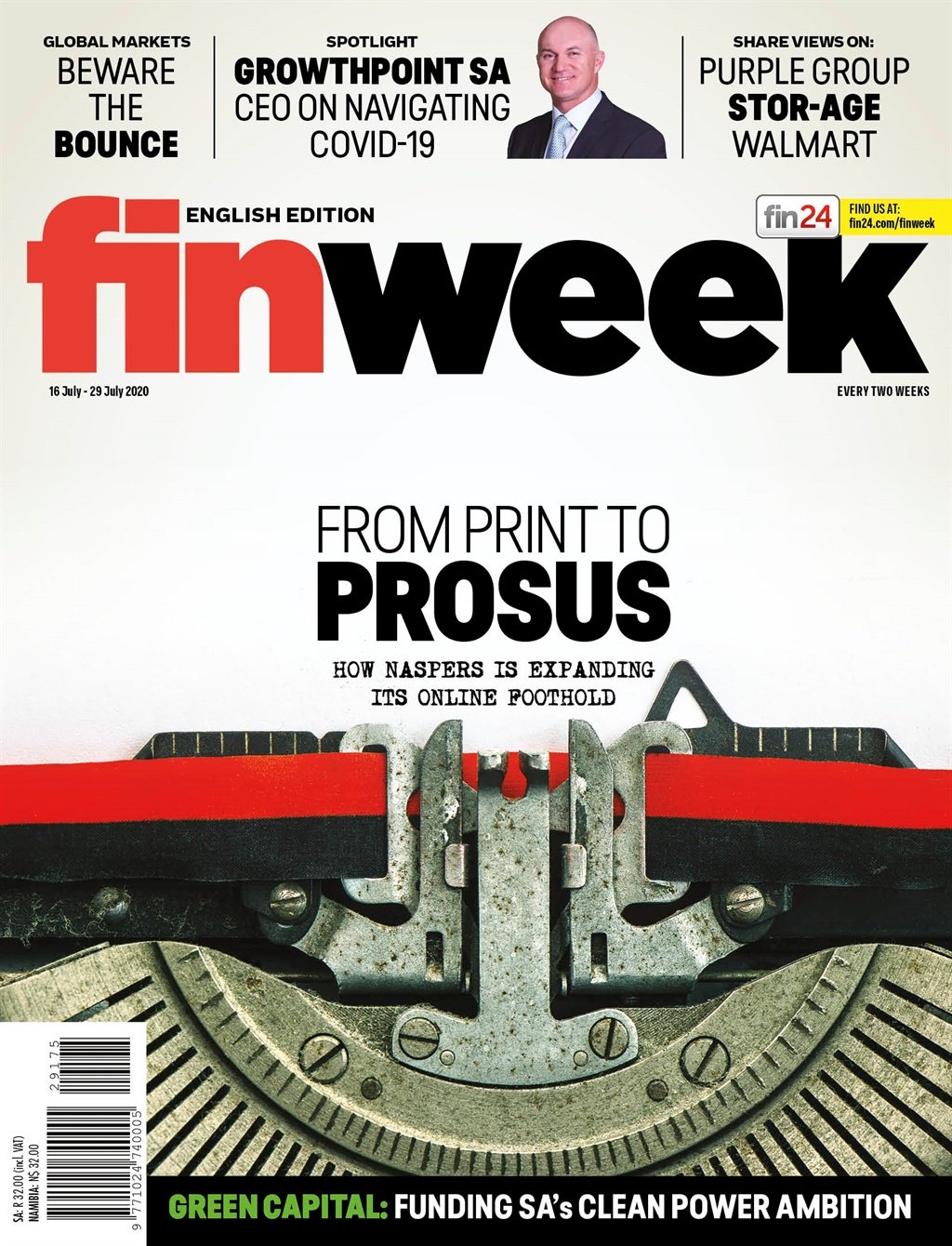
Maarten Mittner sheds some light on why investors should be cautious of climbing in now that markets are at improved valuations.
Recent global market movements have shown that the most dangerous moment is not when shares hit rock bottom. It is when shares recover, and the momentum cannot be sustained.
Global markets started to climb at the end of May following the rout earlier in the year and continued their remarkable recovery into June. At the end of the month markets started to reflect daily record losses again as the fears of a second wave of the pandemic later in the year overrode optimistic views of a V-shaped economic recovery. However, markets soon stabilised at negative single-digit levels for the year so far, still a remarkable recovery compared with the March rout.
Surprise was expressed at the initial swift recovery, given the generally dire economic data, with the job numbers in the US a remarkable exception. The expected lower economic growth did not justify the market’s optimism, some pundits said.
Although markets at times appear to be irrational, they act quite rationally most of the time.The reason being that markets look ahead, and not at what had happened or what the present conditions indicate. The renewed introduction of stimulus measures by central banks and governments, as well as the relaxation of stringent lockdown measures, all appeared to be rational reasons to support the recovery.
Quite often, when a company reports good numbers, the share price falls in response. That means that the good news was already priced in on a forward-looking basis, and the prospects may look dimmer. But it is when shares are often available at rock-bottom prices that real buying value comes to the fore.
Once again, the market tumble following the spread of the coronavirus pandemic remained true to trends of the past. Lower valuations offer compelling reasonsto buy, no matter how dire the circumstances. Locally, it became irresistible to buy Redefine at R1.40 and Capitec at R539. Or MTN at R26 and Sasol at R30. All are asset- and income-rich companies, affected negatively by the general market malaise.
The bond market is another good example. When SA finally exited the World Government Bond Index (WGBI) due to its newly-founded junk status, the predicted outflows of billions of rand did not materialise. Most of the outflows had already occurred in the previous months when the market anticipated the exit. The real event was almost a non-event, with the local ten-year bond at then yields of 13% offering a tempting buying opportunity.
The S&P 500 fell 30% in March, presenting buying opportunities almost immediately. Who would not want to buy treasured US assets at a third of their value? The most remarkable recovery was in the tech sector, where Amazon added $400bn to its market value since the beginning of the year. Microsoft and Apple both grew more than $200bn before stabilising.
The irony is that investors often shun markets when they are at their lowest. Usually at these times investors should pile in, preferably through index or passive funds. Or, if already in the market, increase their exposure. After 2009, when Anglo American fell to R50, and Old Mutual to only R5, investors could have made a killing, increasing their returns more than fivefold in the subsequent years.
Equity markets often behave like their fiscal counterparts, rising in uncertain times and remaining subdued in relatively good times. A countercyclical fiscal stance entails that spending is kept at accepted levels despite a negative economic environment. As what happened in SA after 2009. When the economy improves, fiscal consolidation should happen in that spending is curtailed when the times are good. Something that the government got spectacularly wrong in the Zuma years, and for which every South African is still paying the price today.
When a market, or a currency, reaches decade-low levels, pundits often predict further deterioration to occur. When the FTSE/JSE All Share Index approached 40 000 points in March, a view expressed was that the index could soon tumble to 30 000.
What the predictions amply indicate, is the generally negative mood that accompanies any market tumble. Confidence simply evaporates into thin air. The “dead cat bounce” syndrome raises its ugly head, with reference to Wall Street’s fall in October 1929. Then there was a small uptick on the charts before the radical downward spiral resumed.
What should be acknowledged is that market recoveries often present greater risks than when markets are at rock-bottom levels. That is because the recovery now needs to stabilise and be sustained. Already there are questions if central banks have enough ammunition to continue with the stimulus measures. How will ancillary fiscal steps be successful given the fact that most countries already have high debt levels and budgetary and trade deficits? Combined with an expected lower tax income.
When markets are at improved valuations, investors usually climb in. When caution should be more appropriate. The lesson is to curtail the exuberance, for now.




 Publications
Publications
 Partners
Partners












